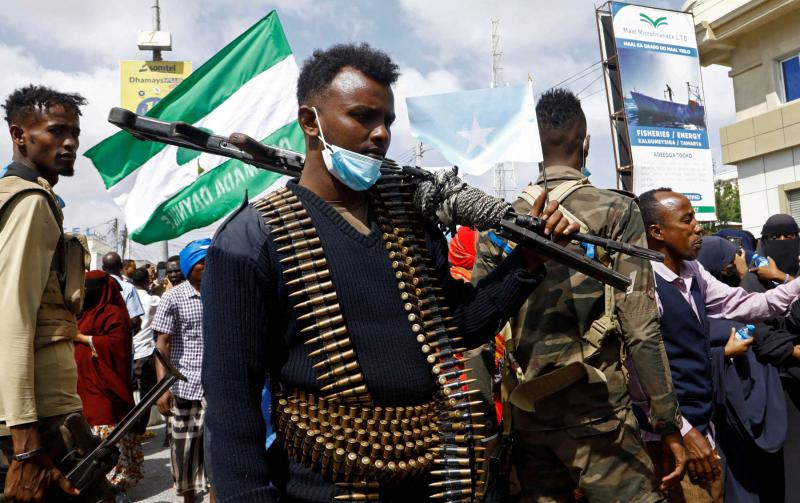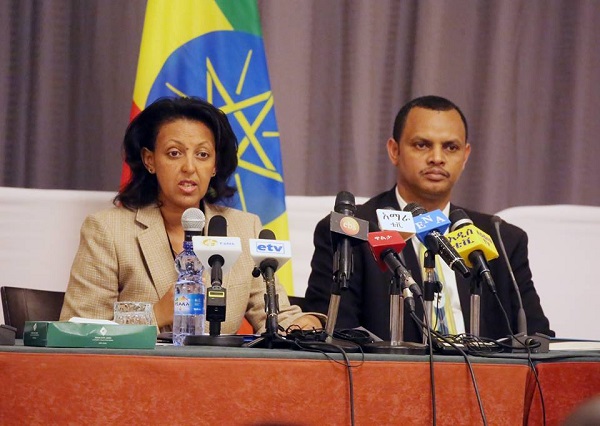Facebook Twitter (X) Instagram
Escalating Conflict in Amhara Region
Ethiopia is currently grappling with a severe humanitarian crisis primarily driven by ongoing conflict in the Amhara region. Clashes between Ethiopian federal forces and the Fano militia have severely impacted the region, leading to widespread violence and instability. According to Human Rights Watch, Ethiopian soldiers have attacked healthcare facilities, detained medical professionals, and obstructed humanitarian aid, exacerbating the suffering of civilians in the area.
Humanitarian Concerns in Ethiopia
The conflict has severely disrupted the delivery of essential medical supplies, resulting in acute shortages in hospitals and health centers. Medical professionals are working under dire conditions, with limited access to oxygen, medication, and electricity. The ongoing fighting has also hampered the efforts of humanitarian aid agencies, making it difficult to provide much-needed assistance to affected populations.
Political and Social Unrest
The Oromiya region is also experiencing significant unrest. The government has been accused of using a clandestine security committee, known as Koree Nageenyaa, to carry out extrajudicial killings, arbitrary detentions, and harassment. This committee was reportedly formed in response to youth protests against inequality and economic mismanagement. The region has a long history of political and social marginalization, and recent actions by the government have further fueled discontent among the Oromo population.

International Response to the unstable situation Ethiopia
The international community has expressed concern over the human rights violations in Ethiopia. However, there has been limited international monitoring since the United Nations Human Rights Council failed to renew the UN-mandated inquiry on Ethiopia in October 2023. Human Rights Watch has called for increased scrutiny and support for health services in conflict-affected areas, urging international donors to condemn attacks on healthcare workers and facilities.
The situation in Ethiopia remains volatile, with ongoing conflict and humanitarian challenges continuing to impact the lives of millions. The need for international intervention and support is critical to address the immediate humanitarian needs and to work towards a long-term resolution to the conflict.

